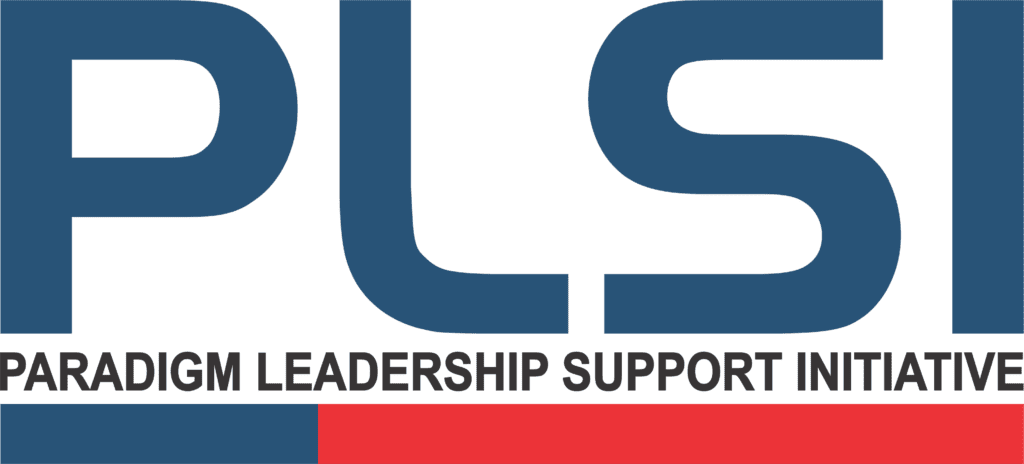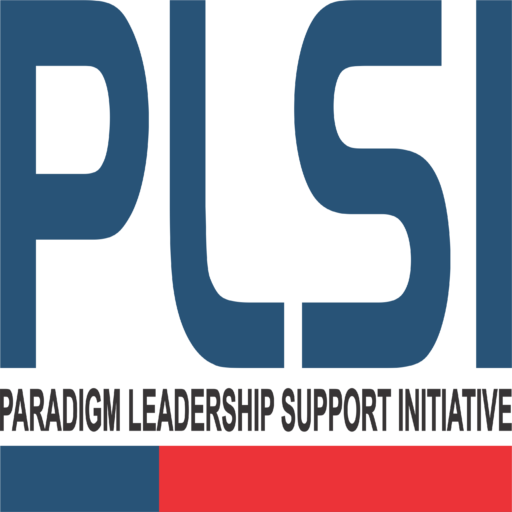There has been an increased public demand for transparency and accountability at the subnational level in Nigeria because of dwindling revenues occasioned by falling oil prices and outbreak of Covid-19 pandemic in the early 2020. There has necessitated the need for Public Accounts Committees (PACs) at the subnational level to be responsive to this public demand. According to the International Federation of Accountants (IFAC), PACs are crucial in safeguarding the public sectors’ image of serving the public interest.
The principal responsibility of accountability at subnational level resides with the Legislature and its Committees, both having a vital role to play as watchdogs to hold Executive agencies to account while curbing corruption and the misuse of public funds. Indeed, Public Accounts Committees (PACs) are thought to be of paramount importance due to their powerful position and meaningful role in promoting good governance and oversight, and in ensuring accountability from a democratic and a Parliamentary point of view. Parliaments across the world are faced with the challenge to engage in the audit stage of the budget cycle to bolster integrity in public expenditure. This important legislative responsibility is why the Public Accounts Committee (PAC) is peculiar and treasured above other committees in the legislature.
There are two important elements in public finance management system, this is the Office of the Auditor General and the parliamentary committee responsible for overseeing public accounts commonly referred to as the Public Accounts Committee (PAC). For Nigeria, it is a constitutional duty for Public Accounts Committees in State Assemblies (subnational parliament) to examine reports of Auditors-General. The Committee is concerned with the task of investigating whether public spending have complied with budgetary provisions, legal requirements, operating standards, and whether value was realized for money spent. Its main functions are to see that public monies are applied for the purposes they were allocated to ensure extravagance and waste are minimized while encouraging sound financial management practices in estimating, contracting and administration.
PACs helps Legislature to hold the executive arm of government to account for its use of public funds and resources by examining the public accounts through information provided in reports of Auditor-General which enables them to assess governance and performance issues..
The 2021 Subnational Audit Efficacy Index conducted by PLSI revealed that virtually all the subnational Public Accounts Committees have not been effective in carrying out their duties due to either lack of capacity or insufficient resources to do so. PACs in many States lack the administrative personnel and research support required to effectively analyze and interpret reports of Auditors-General thereby resulting in backlog of audit reports yet to be reviewed by several Public Accounts Committees.
PLSI identified three priority actions to improve effectiveness of Public Accounts Committees at the subnational level of government.
- Capacity building to strengthen capabilities of members of Public Accounts Committees across the 36 States and provide them with adequate resources, training, and access to relevant expertise to carry out their functions more efficiently.
- Independence to free the Public Accounts Committee from political interference that could inhibit them from carrying out their duties diligently. Where available, the Public Accounts Committees at subnational level should be chaired by the opposition political party.
- Information exchange between Public Accounts Committees to keep them up to date with important developments, changing standards and best practices as they emerge.
Finally, their work is performed through parliament for public benefit so it is fitting that the public should know as much about it as possible. Granting access to public hearings during review of audit reports and publishing recommendations of the Committee will improve public knowledge of their work and increase participation of citizens.
Join us at PLSI as we continue the journey of fostering public accountability in Nigeria!
This piece was written by:

Bukola Sowande – a staff of Paradigm Leadership Support Initiative (PLSI)

